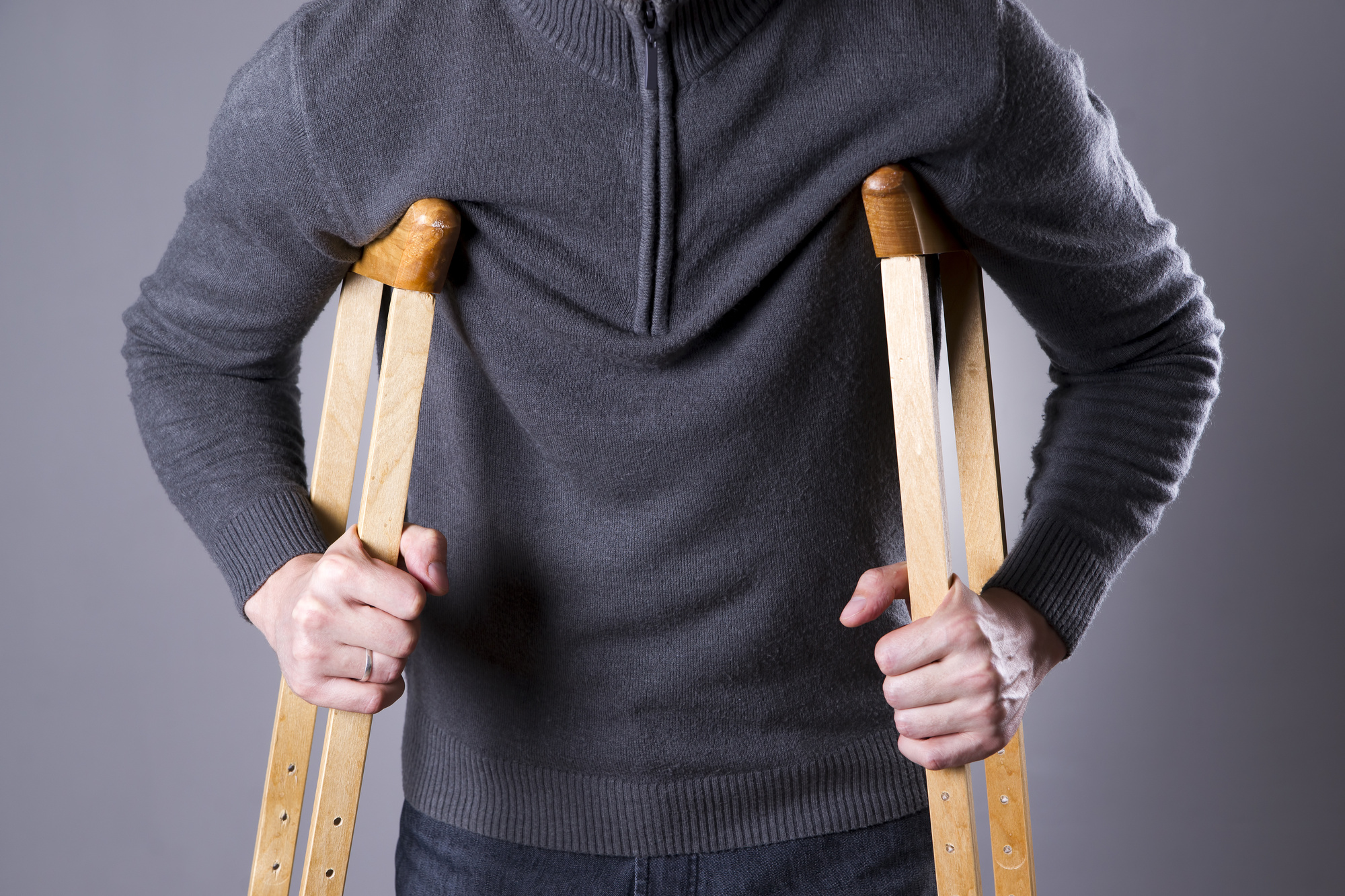About one in every five reported crashes occurs due to distracted driving. What about the other four cases, though? In some instances, it’s not always clear who was at fault for the crash.
How is fault determined in a car accident? Keep reading to find out. In this guide, we’ll review four ways you can determine who is at fault.
Determining who was negligent for the crash is essential. If you can’t prove negligence, you might struggle to build a lawsuit. Winning your lawsuit will ensure you receive compensation to cover your losses.
Otherwise, you’ll have to pay out of pocket to cover your medical bills, lost wages, and damages.
Discover how to determine fault with this helpful guide today.
1. Law Enforcement
How is fault determined in a car accident lawsuit? Most people look at the police report.
It’s important to call the police immediately after you’re in a crash. In some states, you’re legally obligated to call the police. You’ll need their official police report when building your case.
A police officer will interview you and anyone else involved in the crash. They might find witnesses who saw what happened as well. Gathering these statements will help them build a clearer picture of what happened.
Make sure to answer the officer’s questions without embellishing. Stick to the facts.
The officer might issue a traffic citation based on their assessment of what happened. If you receive a citation, don’t worry. The citation only indicates you violated a traffic law, like speeding or making an unlawful turn.
It doesn’t mean you’re at fault for the car accident.
The citation could indicate a penalty was issued against the driver as well. For example, maybe they issued a fine or point deduction. The citation could mean you’ll need to appear in traffic court.
While the citation won’t indicate you were at fault, the other party’s lawyer could use it as evidence against you.
The Report
Once the officer gathers the information they need, they’ll file an official report.
The judge who reviews your case will ask for the official police report to help determine who is at fault. However, the police report only includes the police officer’s professional judgment. In some cases, it doesn’t specify who was at fault for the crash.
If the report does state someone was at fault for the crash, that party isn’t automatically held responsible. You can’t build a case on the police officer’s report alone. In other words, you can’t hold someone liable for damages if you only have the police report.
2. Your Lawyer
Are you asking yourself “how is fault determined in a car accident?” If you’re uncertain, schedule a consultation appointment with a lawyer right away.
Choose a lawyer who specializes in auto accidents. Then, talk to them about what happened. Present them with any evidence you gathered, such as photos after the crash.
Your auto accident lawyer could help you determine who is at fault. They can also help you determine if you have a case. With their help, you can gather the necessary evidence to file a lawsuit.
Taking your case to court could help determine who is at fault. It can also help you fight for the compensation you deserve.
Don’t try to pursue a lawsuit on your own. You might make costly mistakes with your case. Instead, look for a lawyer you can trust.
3. Insurance Companies
When asking “how is fault determined in a car accident,” don’t forget to consider the insurance companies. The insurance company will make an assessment after you file a claim.
They’ll assign the claim to an adjuster, who will start an official investigation into what happened. The adjuster is also responsible for managing the insurance claim’s settlement.
Each driver’s insurance company can select a different investigator for the case. In most cases, there’s more than one adjuster involved per case.
The adjuster will research what happened by asking for a copy of the police report. They’ll also:
- Review any medical reports
- Speak with witnesses
- Examine vehicle damages
- Look at photos from the auto accident
During their investigation, the adjuster will also verify details about each driver’s insurance policy. For example, they’ll need to look into each policy’s coverage amounts.
Negligence occurs when a driver fails to exercise a specific amount of caution. Adjusters can determine car accident fault based on the state’s definition of negligence.
After gathering the evidence, the adjuster will determine car accident fault. In some cases, they’ll assign a percentage of fault to each driver involved. Then, they’ll apportion the costs based on each percentage.
4. The Court
In 90% of auto accidents, driver-related factors (error, impairment, fatigue, distraction) were present. The driver’s negligence could help with determining fault.
If you decide to file a lawsuit, the court will help determine who was at fault. The court will need to consider who was negligent for the crash.
During the lawsuit, the court will hear arguments from each party’s lawyers. They’ll also study evidence gathered, including:
- The official police report
- Testimonies from doctors regarding injuries
- Statements from the officers who arrived at the scene
- Witness statements
- Property damages
- Photo and video evidence
Each driver will also need to testify regarding what happened.
Then, a judge or jury will review the evidence to determine who was at fault for the crash. The at-fault party will pay damages to compensate the other party for their losses.
Police reports and an insurance company’s determination at fault won’t control the case’s outcome. In fact, the rules of evidence might prevent some pieces of evidence from being introduced in a trial.
Remember, the court will review the police officer’s report. They might look for a citation, which is considered negligence per se. They could use the officer’s report as a baseline for determining fault.
How is Fault Determined in a Car Accident?: Your Guide to Making a Case
To recap, how is fault determined in a car accident? The police officer’s report, insurance company’s assessment, and your lawyer’s assessment play a part. In some cases, however, you’ll have to let a courtroom decide.
Don’t pursue legal action on your own. Instead, work with an experienced car accident attorney.
Contact us today to discuss the specifics of your case. We’re here to help.
Posted in: Car Accidents

